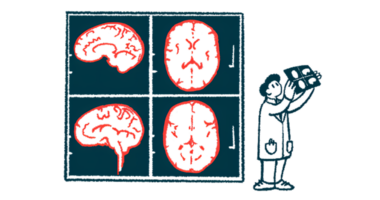Will It Be Possible To Predict Good And Bad Days For Multiple Sclerosis Patients?

 Highmark Blue Cross Blue Shield is trying to assess the possibility of predicting good and bad days for people suffering with multiple sclerosis (MS) and help them to achieve a higher quality of life.
Highmark Blue Cross Blue Shield is trying to assess the possibility of predicting good and bad days for people suffering with multiple sclerosis (MS) and help them to achieve a higher quality of life.
The four-week pilot program enrolled almost 100 participants that wore a body sensor patch, which collected data during their daily routines. This pilot program seeks to determine if some factors, such as weather, sleep, and activity levels can help predict future symptoms such as fatigue. If so, it would be possible to help those living with multiple sclerosis and suffering with “unpredictable” disease-related fatigue.
“We want to see if those symptoms are actually not as unpredictable as once thought,” said Paul Puopolo, Highmark’s vice president, who is responsible for the pilot project. “Highmark is the only organization approaching fatigue from a lifestyle-based process. This is a program that could change lives. It would be a forecast, not a cure, and it wouldn’t be a 100 percent sure thing. But if it works, it could give those with MS just a little more control of their lives and their disease.”
[adrotate group=”4″]
MS patients often complain because of severe muscle fatigue; they experience a sudden onset of becoming overwhelmingly tired, which can be debilitating and an obstacle for them in managing their everyday life when it comes to work, social life, and family.
Puopolo said: “Any indicators or predictors that emerge from the pilot could help people with MS forecast when they could be affected by their symptoms (…) It would give them the chance to proactively plan around potential fatigue spells, have a higher degree of control and plan their most important activities for what would be anticipated to be successful days.”
The data collected from the patients that enrolled in the pilot study is currently being analyzed, and Highmark Blue Cross Blue Shield expects to know the results within the next few months.






